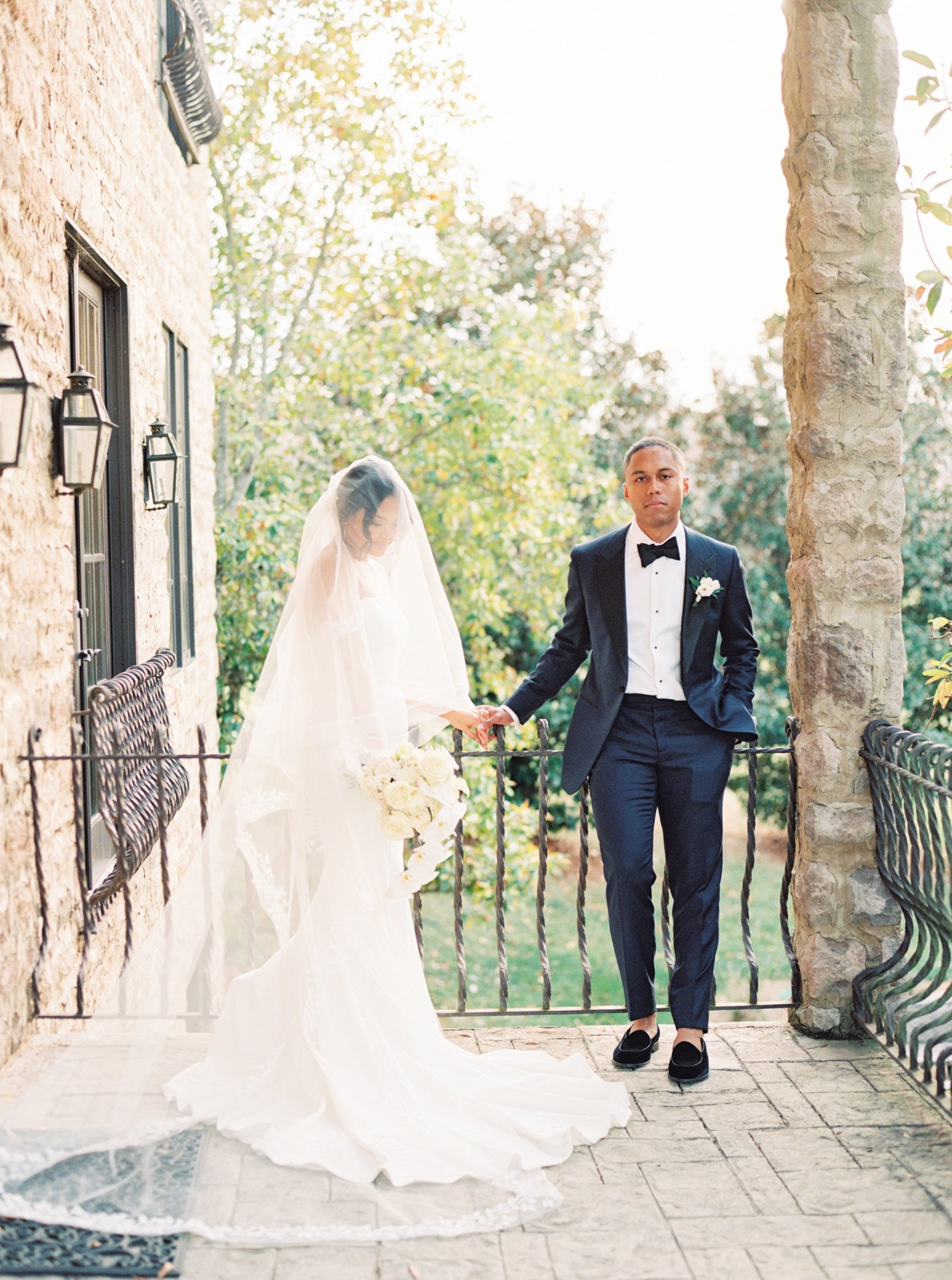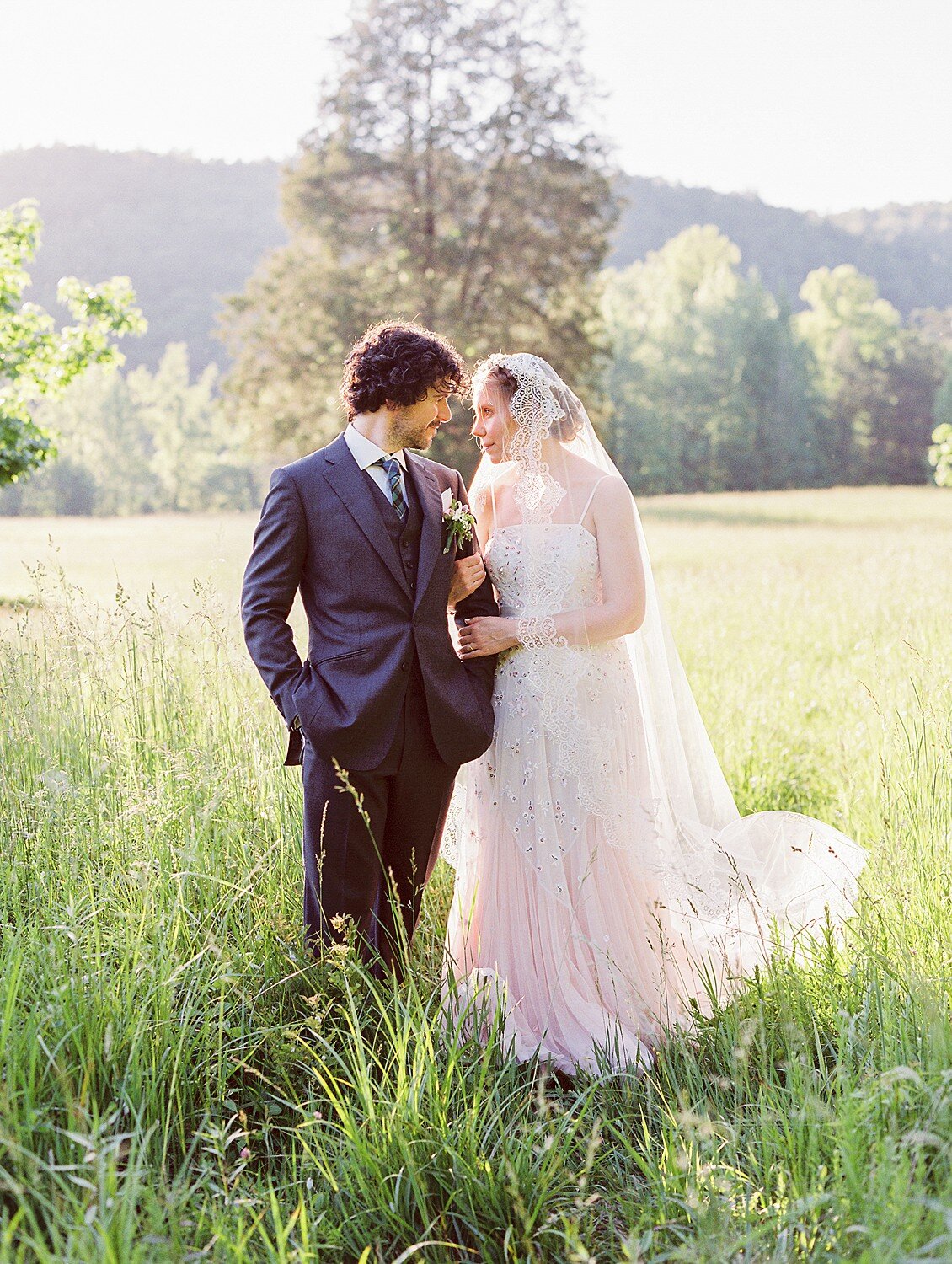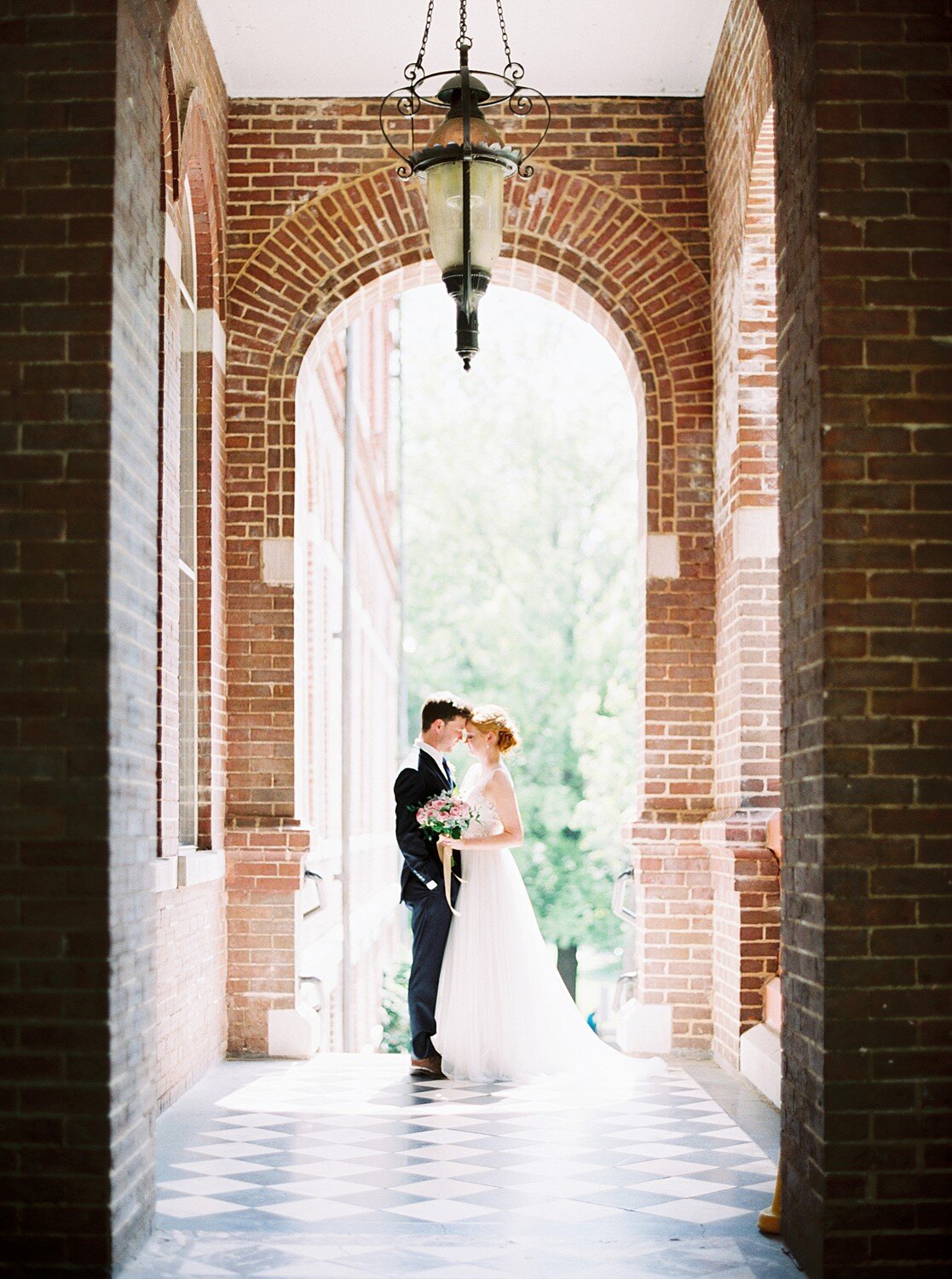4 of the Best Wedding Planning Tips for Every Couple
Every year when our wedding anniversary passes, and we start thinking about our big day and how it was really our wedding photos that helped inspire us to pursue a new direction with our own business, to begin photographing couples and weddings. Some of the things we think about when we look back at our day now, as wedding photographers, are the aspects of the day that impacted the overall energy and the flow of our day. We've decided to share a little bit of our insight with you today in hopes that it will help our current couples and prospective clients have a seamless and amazing experience with all vendors on their wedding days.
1. The Vendors
We have a ton of couples reach out to us immediately after they are engaged, and it is always great to be ahead of the curve when selecting vendors as many tend to book dates up to a year in advance. The single most important thing to have determined, however, prior to booking any of your vendors is a firm wedding date. Asking for a photographer or other vendor, for pricing information to get a feel for what is out there and doable for your budget is acceptable, but without a specific date, you won't be able to book with the company and may be disappointed to find out later that they are unavailable. Generally, most vendors will also want to know your venue as well as some may charge additional fees for travel if the site is outside of their normal coverage area. So, set your date as quickly as possible, and go ahead and book your venue to get the ball rolling for your other inquiries.
Any time I send an email, whether personal or business related, I am always impressed when the recipient responds quickly. This is something we really strive to excel at in our correspondence with clients, and it's one aspect of our communication that our couples really value. This is just as important when requesting information from a photographer, caterer, or venue, just as examples, from a client perspective. We always appreciate when a couple gets back to us, even if it's just to say that our pricing does not work in their budget. That's ok, and there are never hard feelings on our end. We are grateful for the response, and we both know that it's nothing personal or that they don't love our work. The other aspect of the pricing conversation is also being willing to ask what a particular vendor can do within your budget or requesting if there is a package or option that may suit your needs better. I always think, what's the worst that someone can say? No? I can handle that. If you really want to book a particular service or company, just ask, and the vendor will let you know if your vision is doable or not for them in your price range. Although pricing and budgets are, of course, important, many vendors want to get to know you a little better and build a relationship with you also. Sharing details and information about yourselves as a couple and being specific about your dreams for your wedding allow us to have some insight about who you are and if we are a good fit for capturing your big day. Quality work, goods, and services may cost more than you anticipate when starting your wedding planning, and although you should stick to a budget, make sure you are considering other aspects of what a vendor can offer including experience and the overall vibe you want to achieve for your wedding.
Finally, referrals from friends and family are always meaningful, as personal experience is definitely valuable, and meeting with vendors in person to discuss options can always help you evaluate the connection you have with one another, which is another important factor to consider. Your wedding day should reflect your values and your style, and carefully choosing your vendors will ensure that you have the best, most memorable day possible.
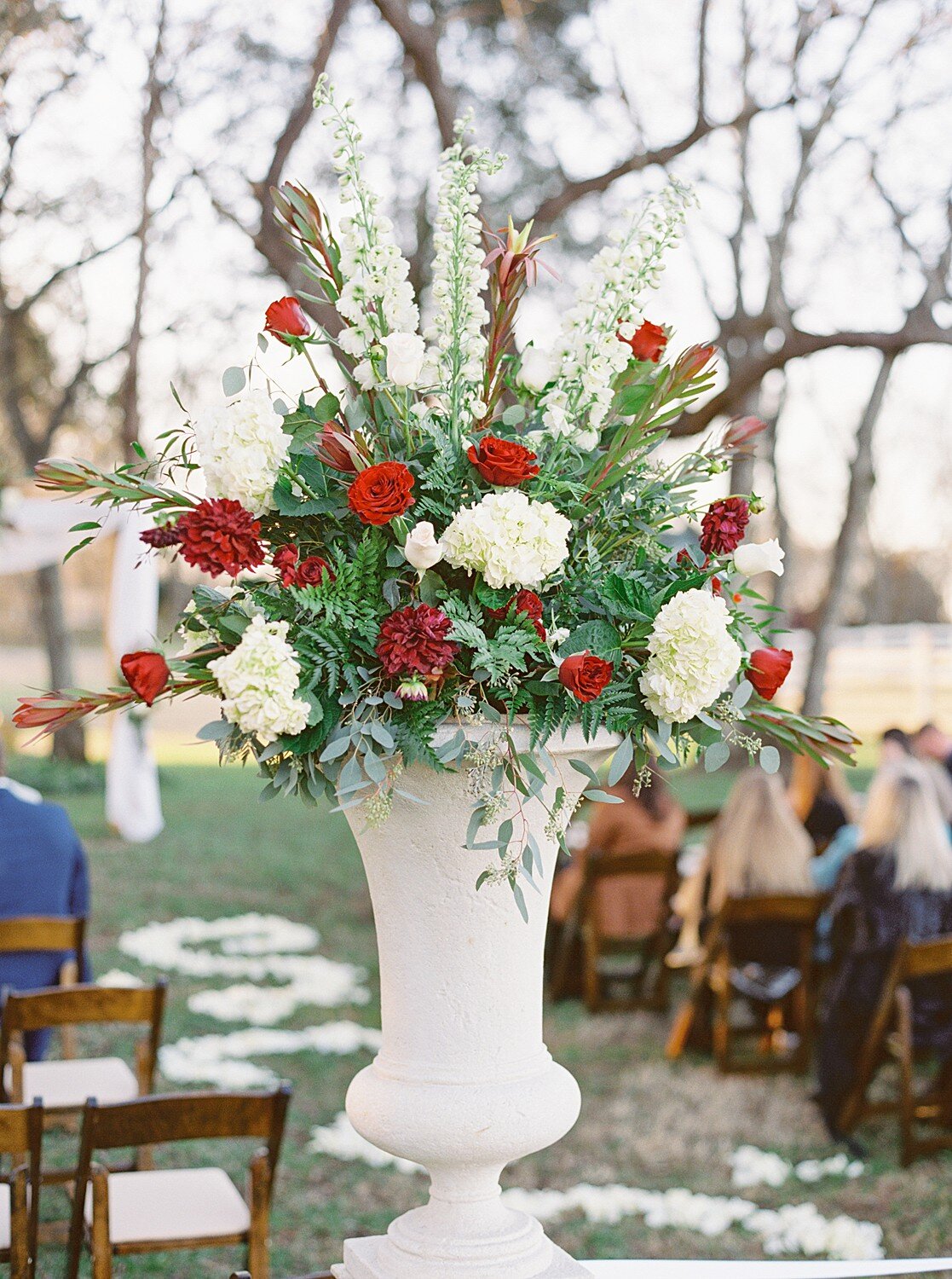
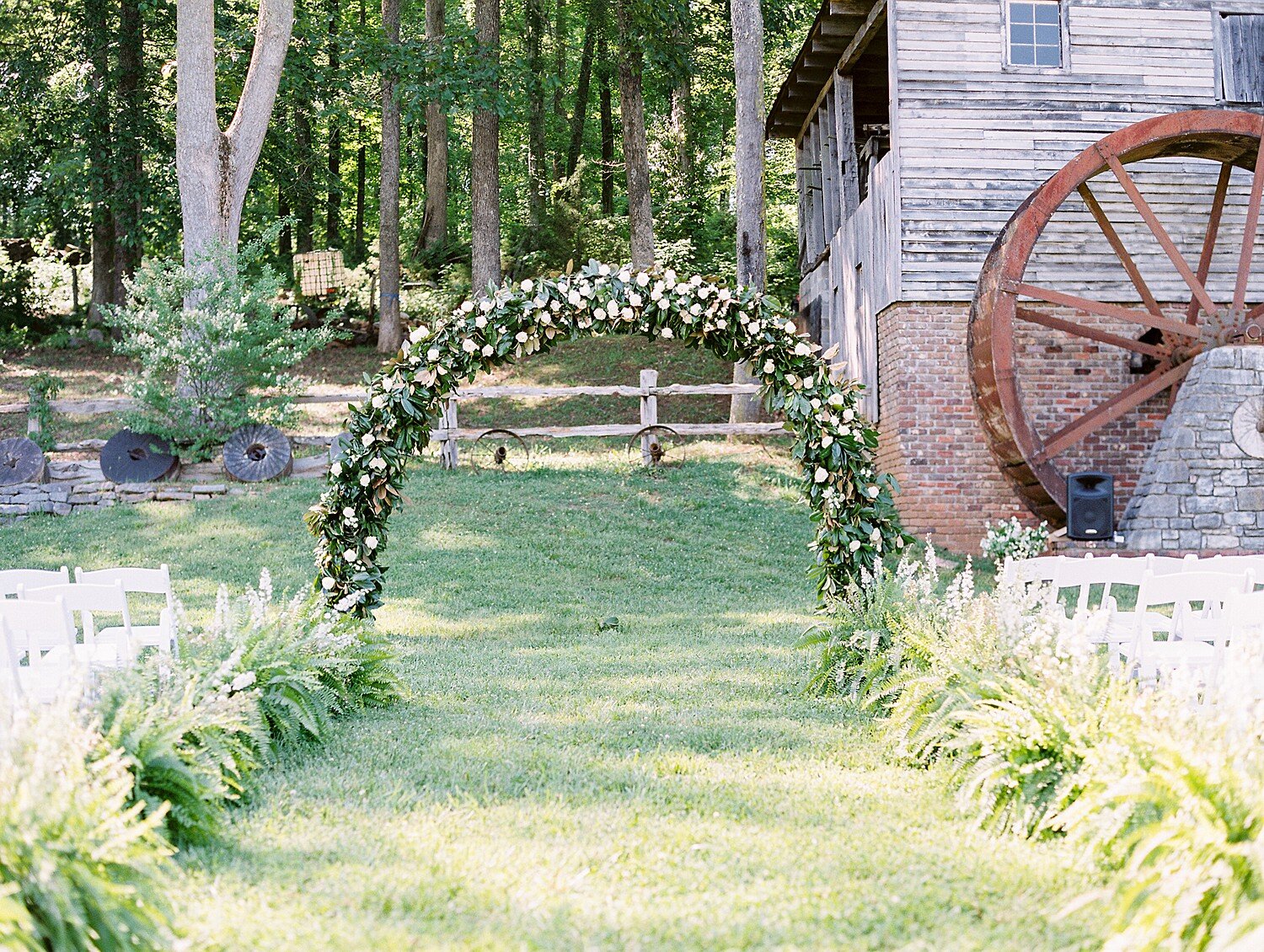
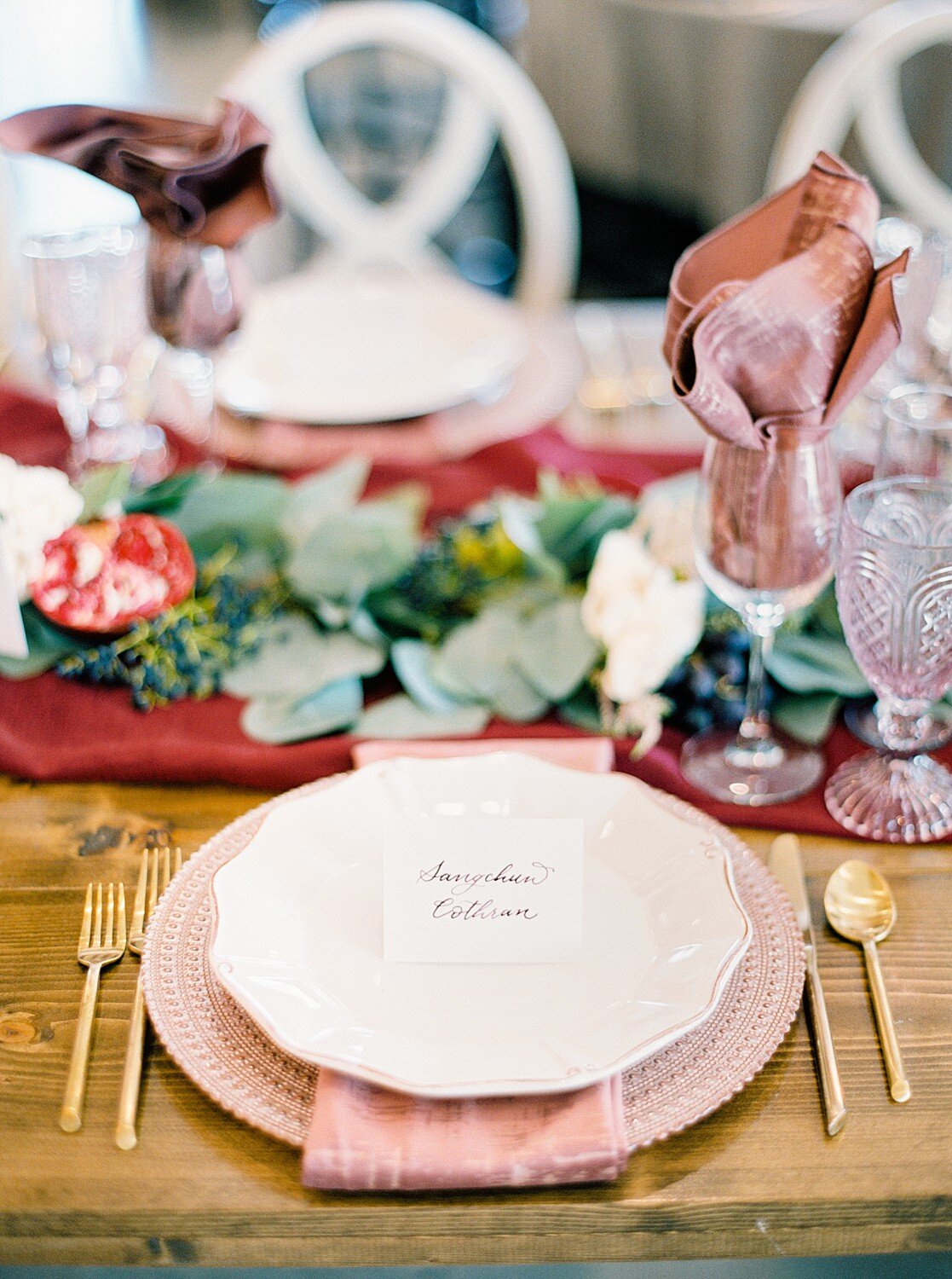
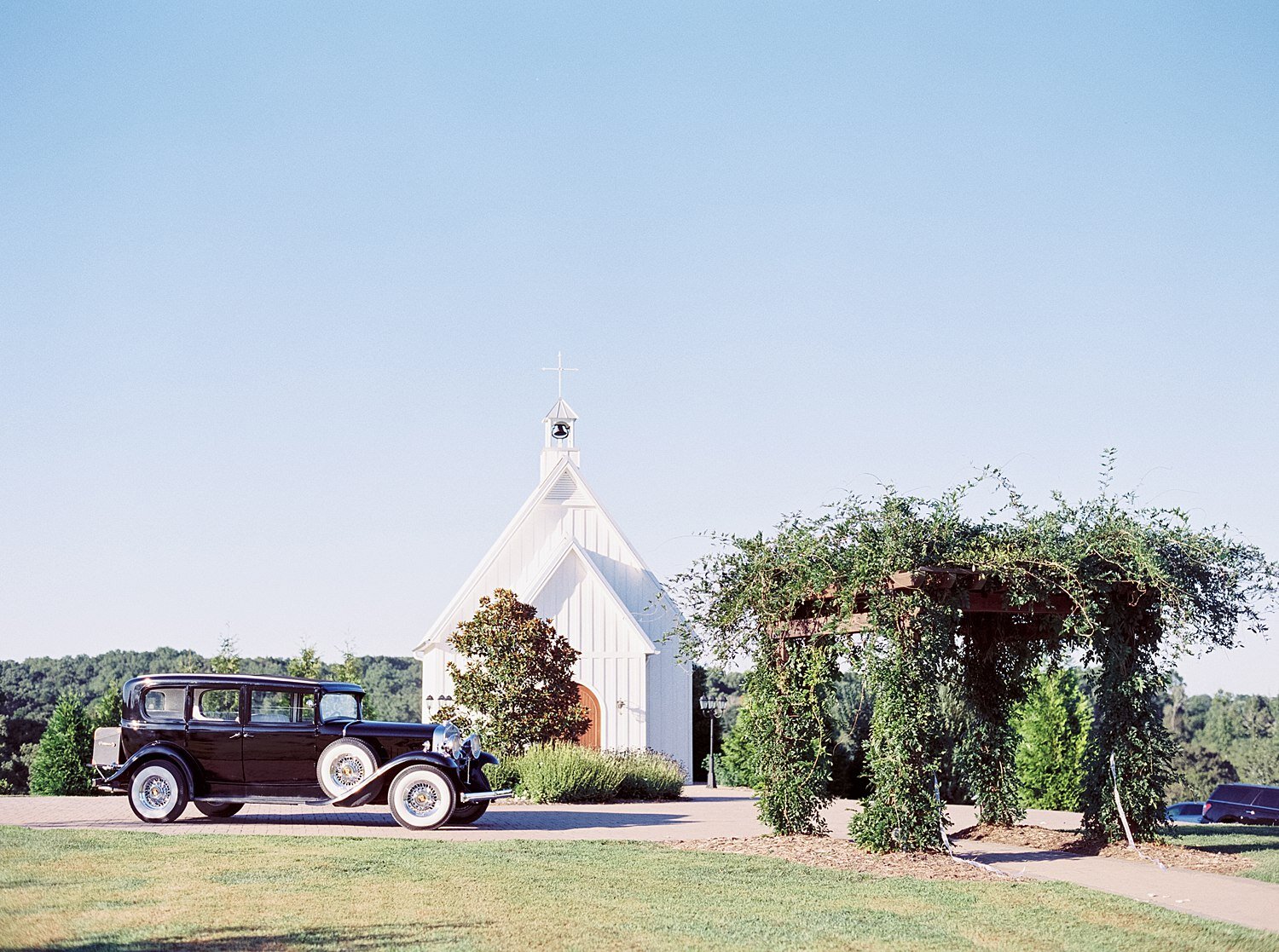
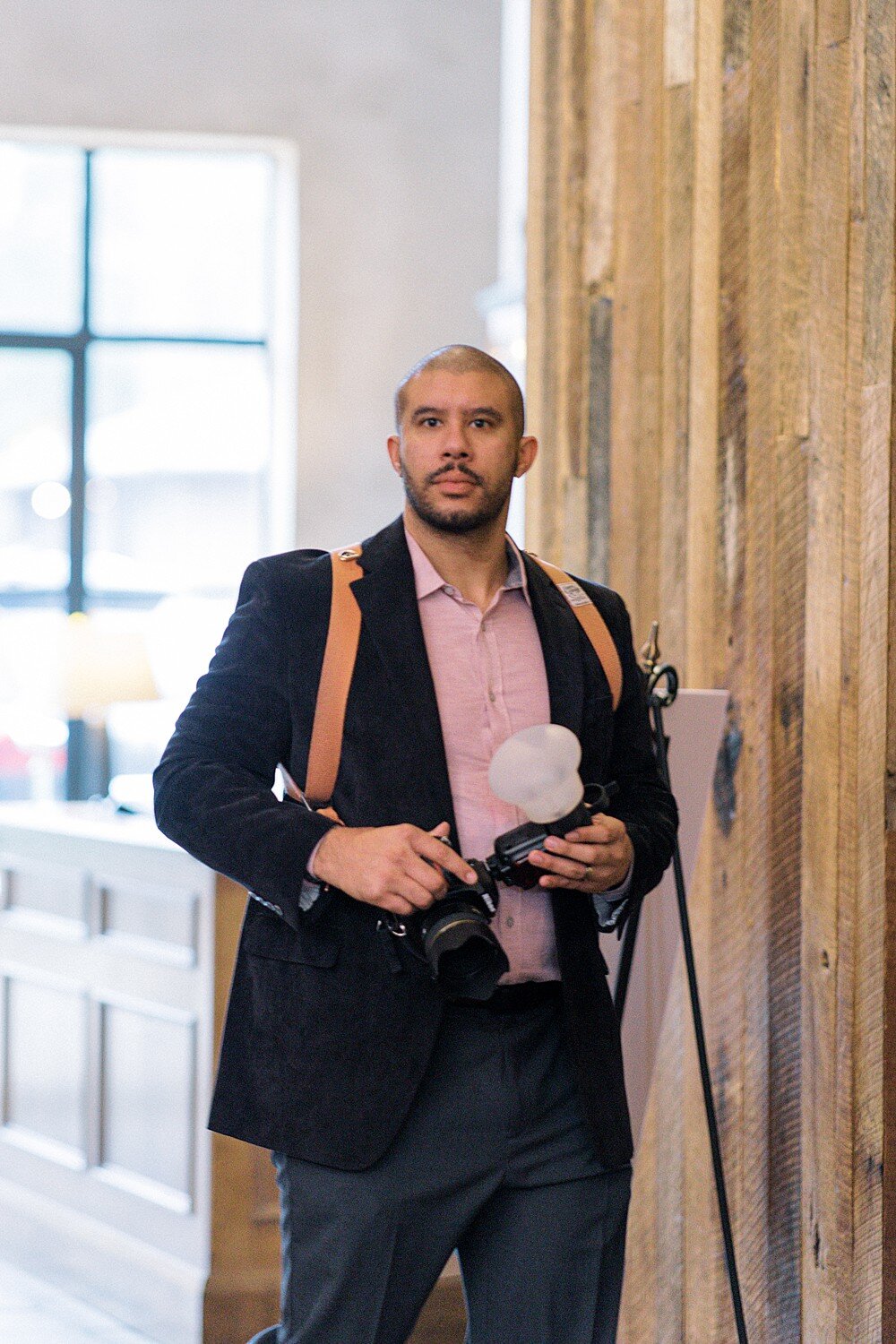
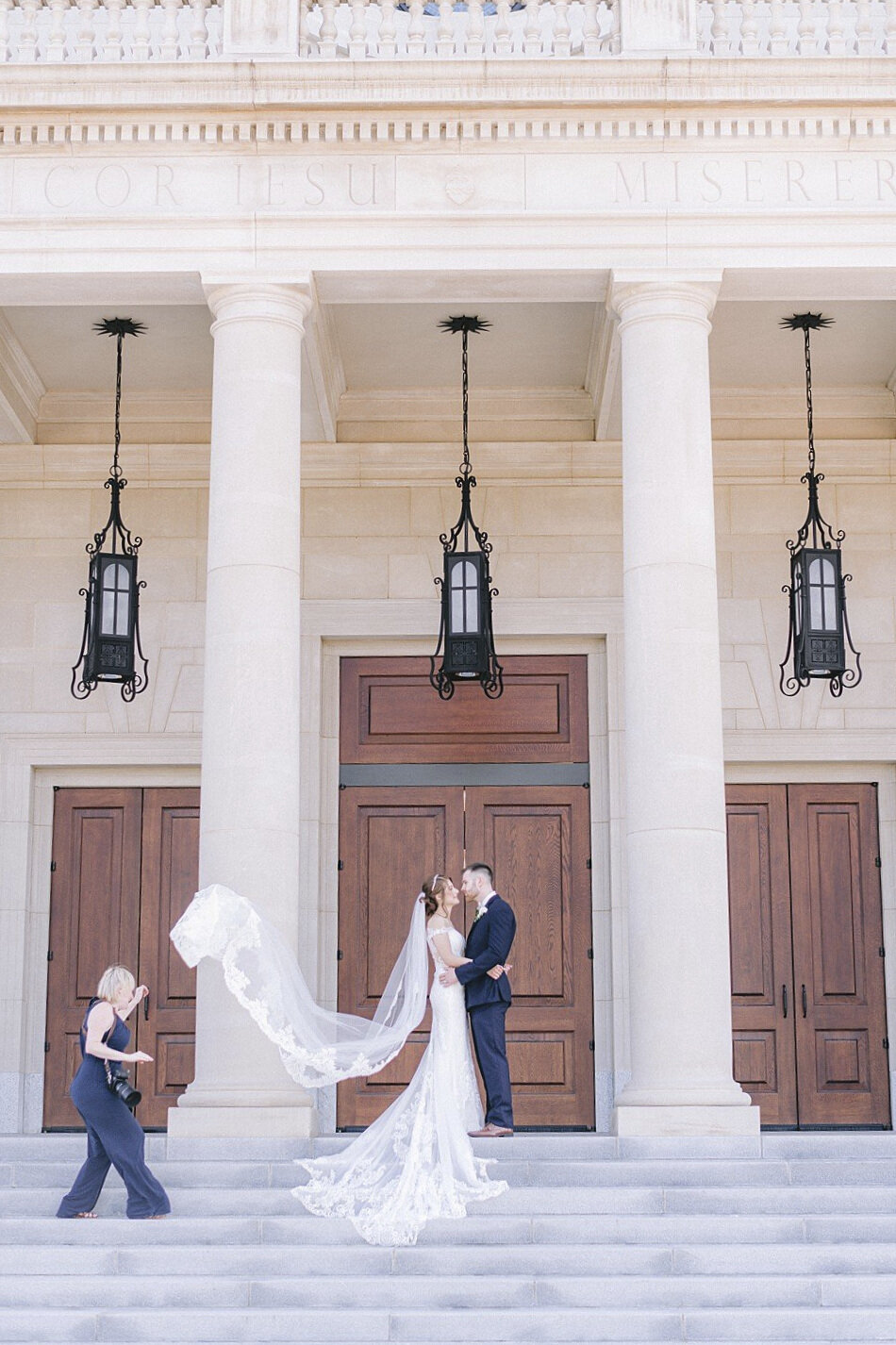
2. The Coverage
We always aim to tell the story of our couple's day through our photography, and you want a full picture of the day to do so. Some couples want every moment captured, and others only want the highlights; however, booking your venue and photographer for a determined period of time is one of the most important decisions you will make. Budget generally comes into play with such decisions when a photographer offers a lower priced package for fewer hours of coverage, but it is important to consider other factors when determining the hours of coverage right for you. 1) How many family members will be included in photos? If you have a large family and plan on doing photos before or especially after the ceremony, you will need to account for that. We generally recommend that you only include immediate family for these posed photos (parents, grandparents, and siblings), but this is a personal decision. For example, I have a super small family, but Jason's is huge. We chose to do all of our family photos (aside from a couple quick shots with parents, grandparents, and siblings prior to the ceremony) at the rehearsal dinner. There are always options, but the bigger the families, the more time it takes to photograph individuals and smaller groups. 2) How big is your bridal party? We had 7 on each side, which is a pretty good sized bridal party. Throw in 2 ushers on top of that we wanted in photos, and you're talking 18 people. Although we work super quickly, we also like to get shots of the bridal party as smaller groups, as a whole, and individually with the bride and groom or couple. With that said, it's a good rule of thumb to include a little more coverage if you have 10 people on each side of the aisle than it is with just a maid of honor and best man or a couple of friends.
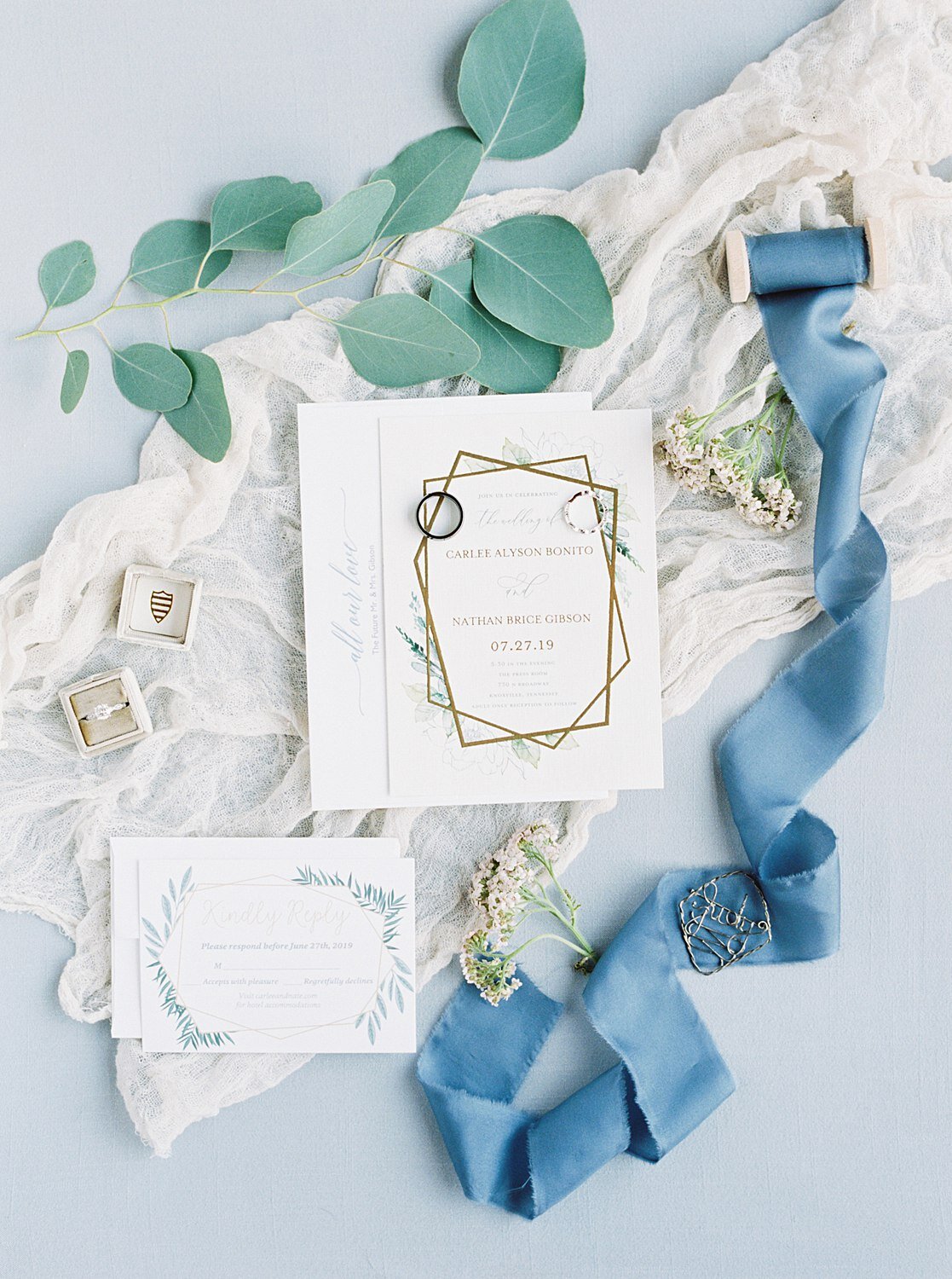
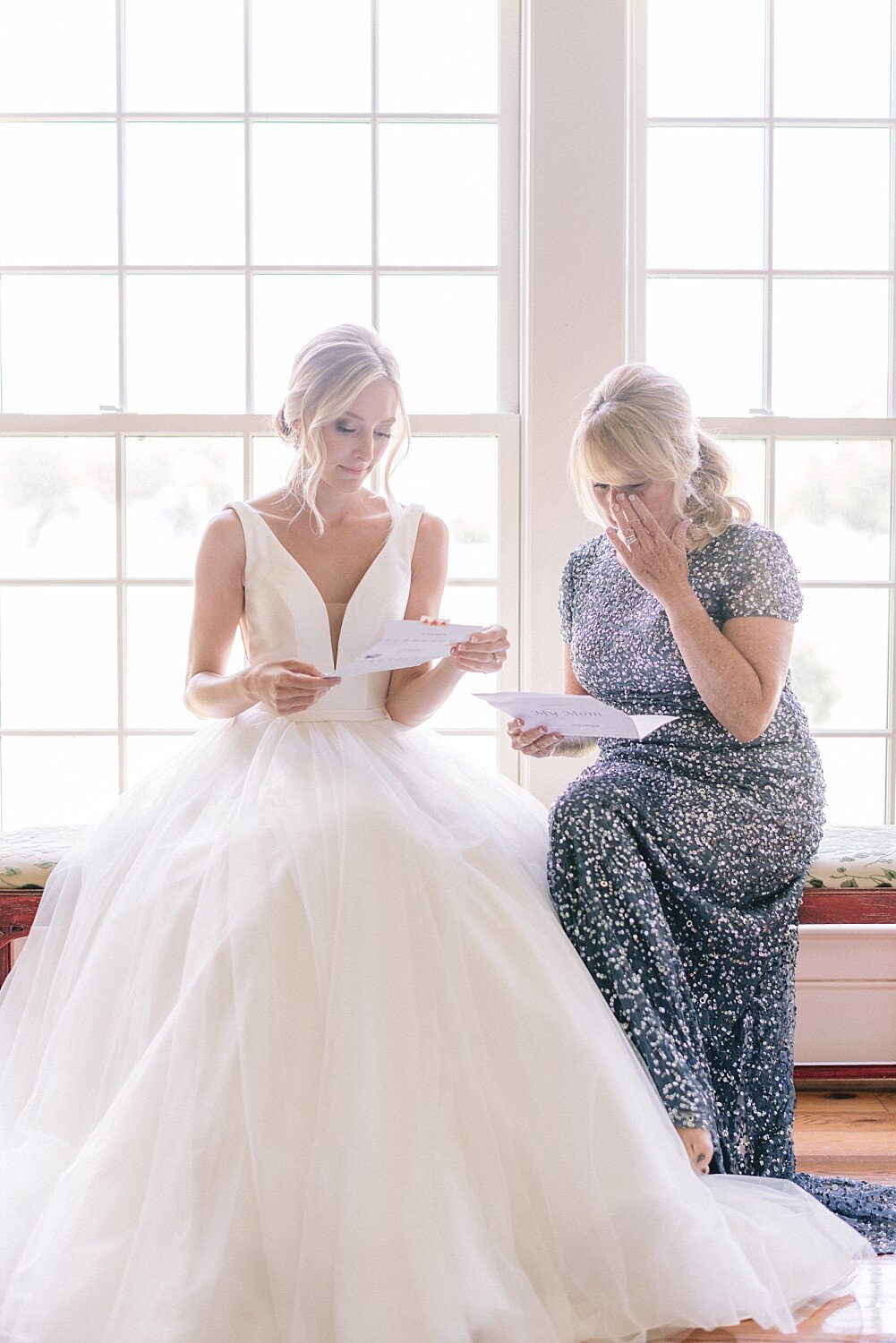
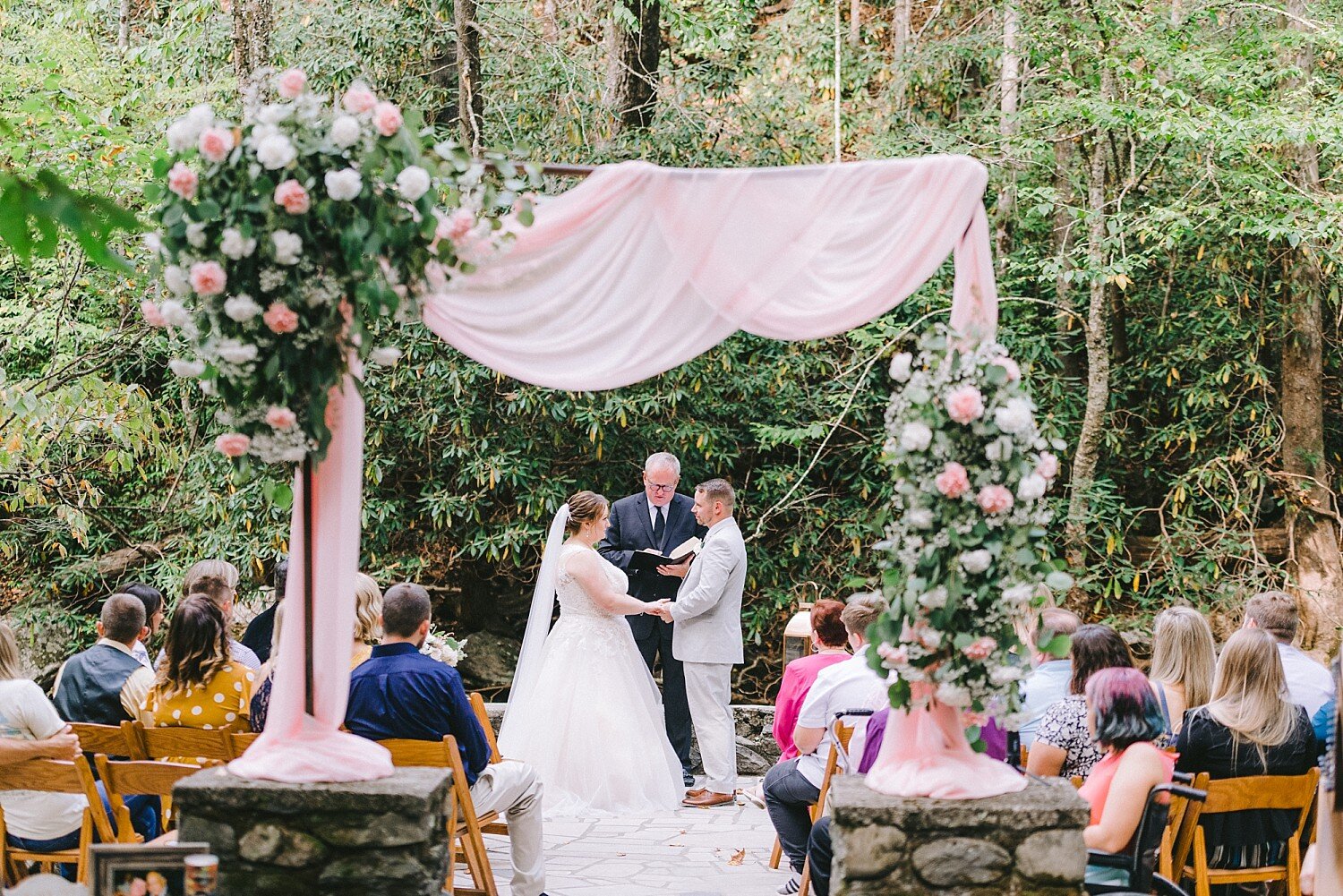
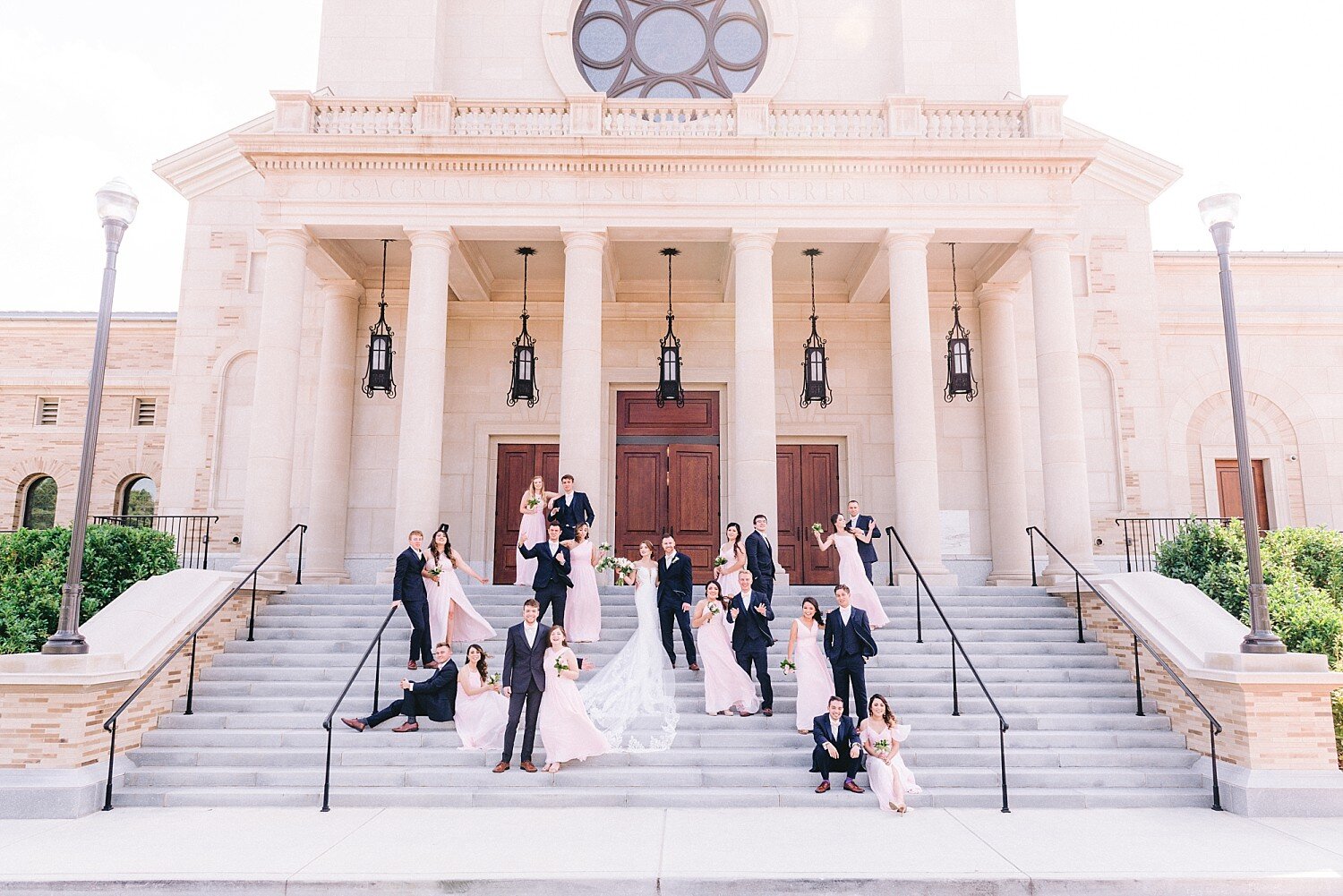
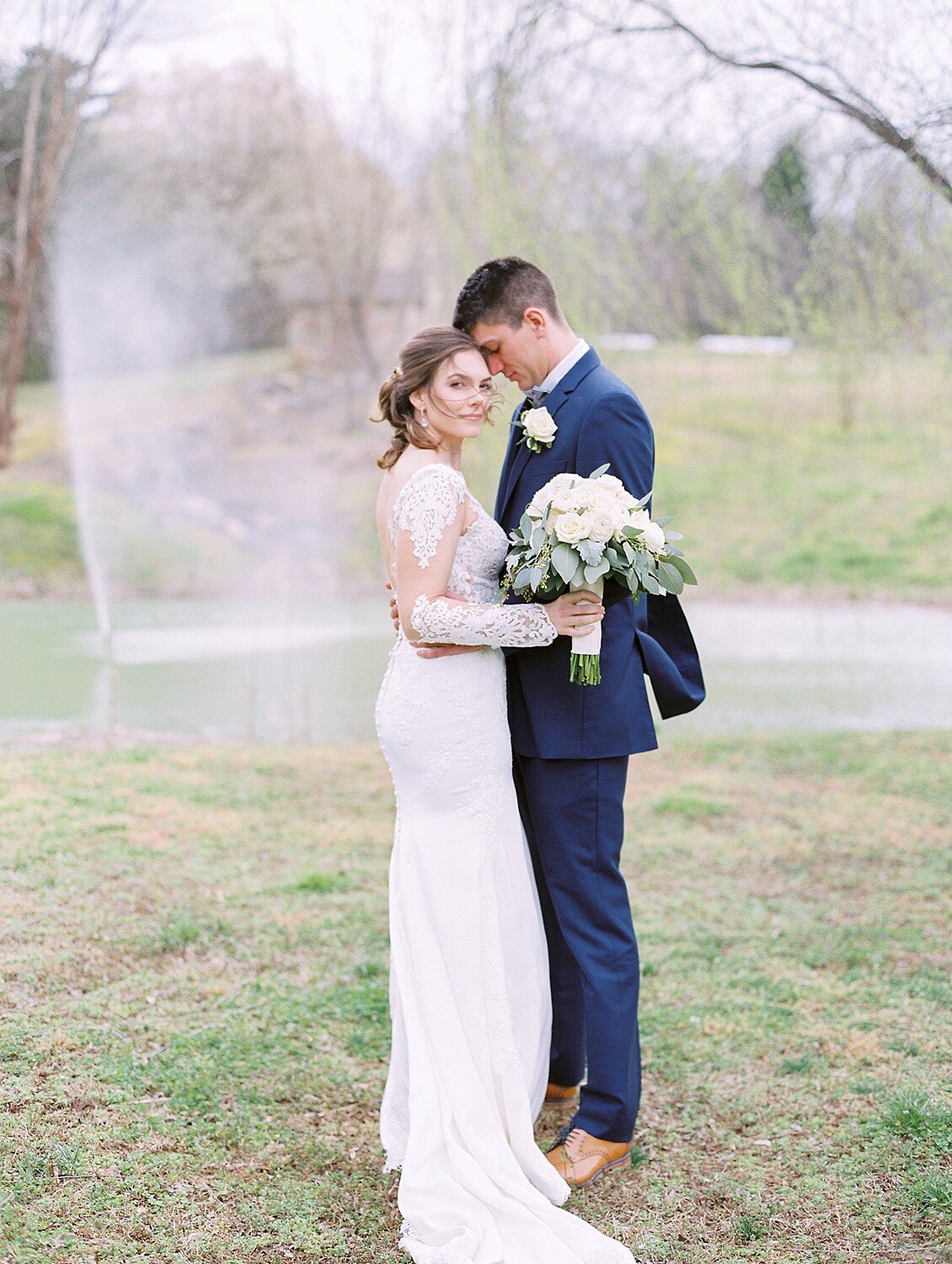
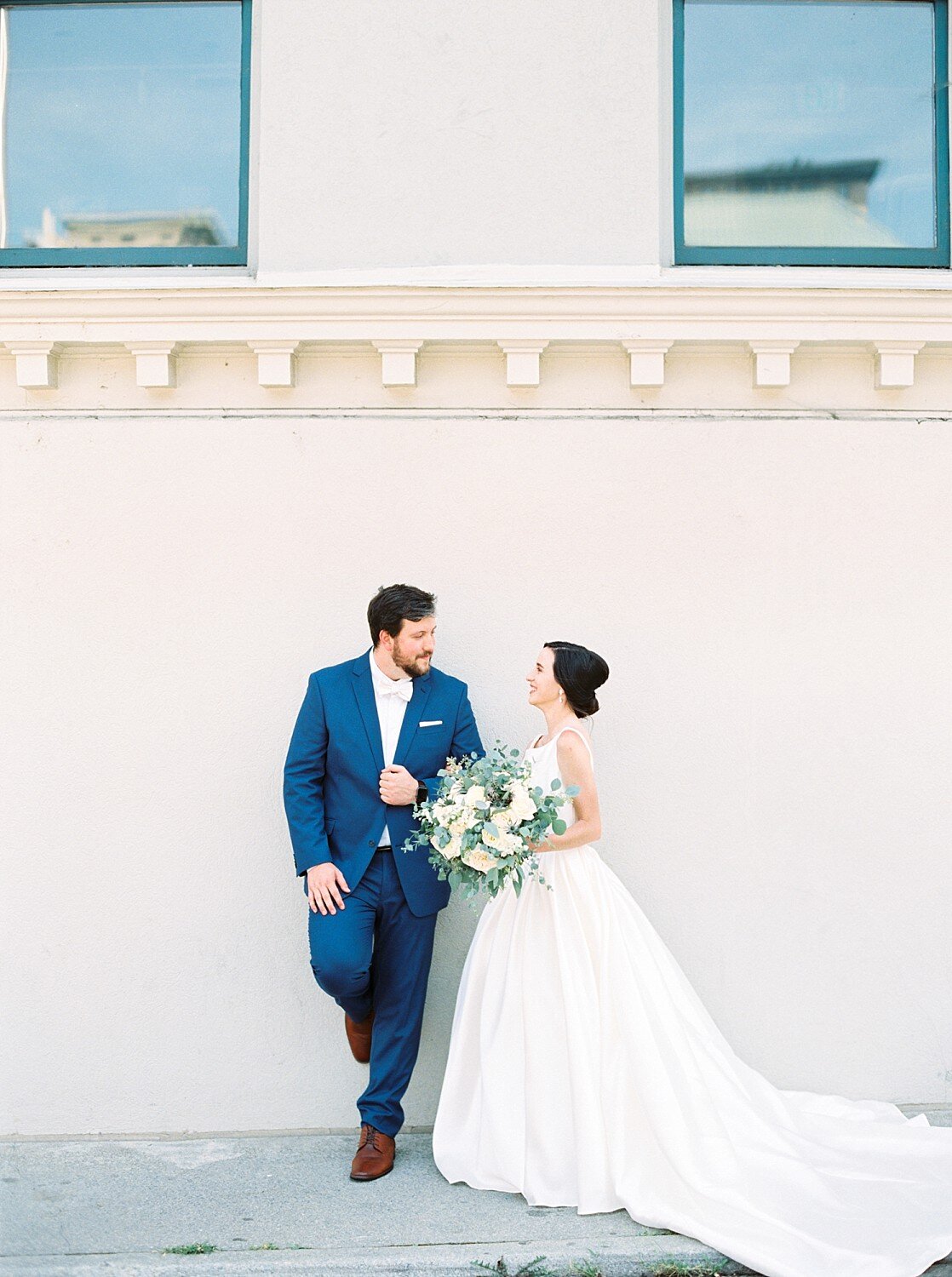
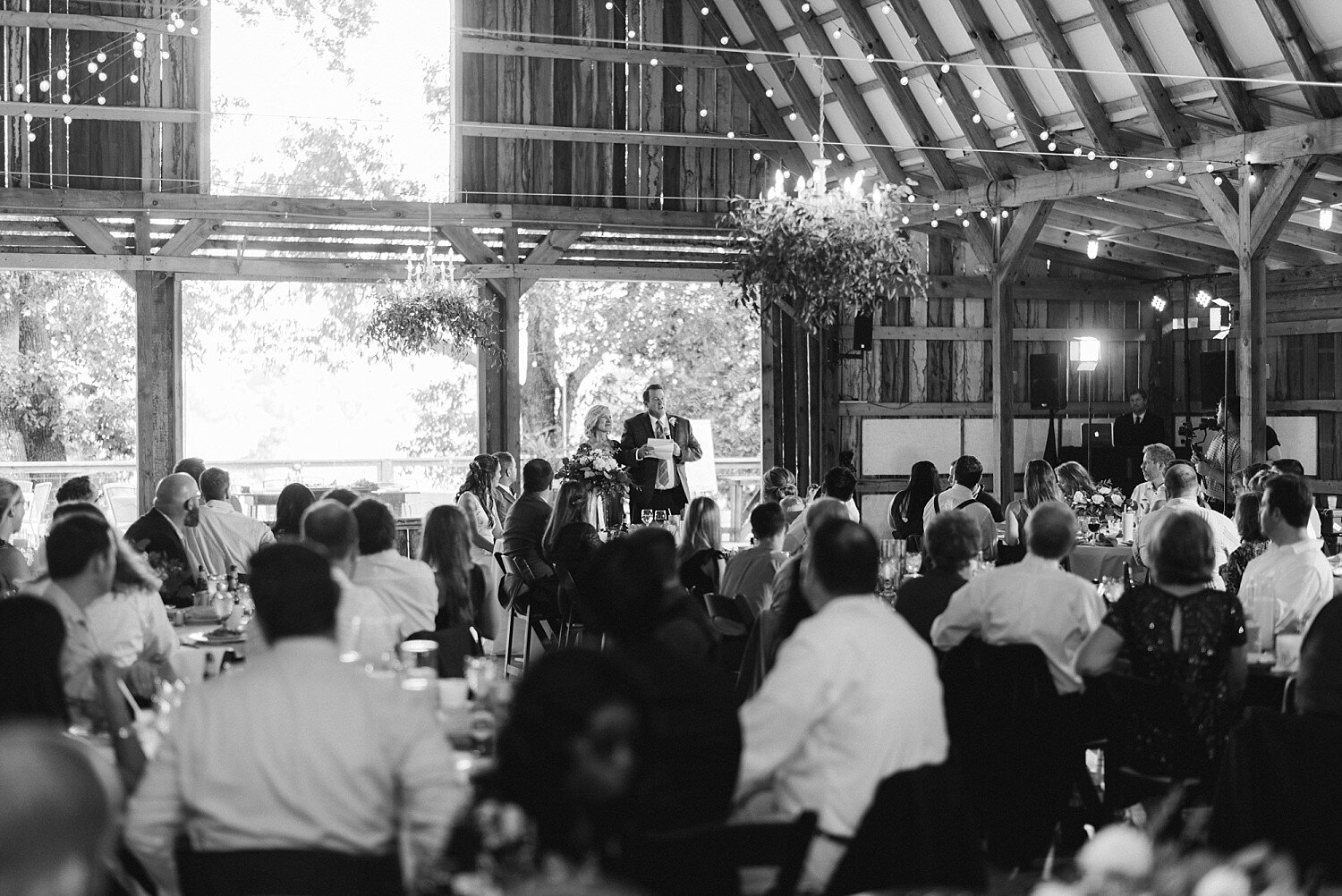
2. The Timeline
Although you may hire a coordinator for your wedding or the venue you book may include a day of coordinator, your photography timeline will be a pivotal part of keeping the day running smoothly and ensuring that you get all of the fabulous moments from your day captured. Your photographer should schedule a time with you-- usually a couple weeks before the wedding-- to plan out a specific timeline for all of the photos you want captured on your special day. This really helps keep the timing on track and allows for brides and grooms to allot enough time for various details of the day.
It's one of the most difficult parts of the wedding day, too. Hair and makeup take a little longer than planned, the ceremony site finishing touches may not be completed on schedule, or a groomsman from out of town could be running late. These things happen, and the important thing is not to stress when they do. One of the things I think about when I reflect on our wedding day is that we were about 30 minutes behind the prescribed schedule because we took a little longer than expected at the salon. It stressed me out because I'm a very punctual person, but our photographers didn't skip a beat. They quickly caught us up and still managed to get all the shots we wanted (and more) from our day. Experience plays an important role in this. As wedding photographers now, we learned very quickly that timelines can't always be followed to a tee, but it is important that you try to maintain some sense of the schedule. A strong photographer can generally still get all of the shots that you want and can easily make up the time lost, but being realistic about how long set up, hair and makeup, and all the important preparations take, is key in having a stress-free day. We have photographed enough weddings to know how to create a sensible timeline, so trusting your photographers to do so will help the day run as smoothly as possible.
4. The Photographer (or photographers for us)
A quick Google search can show that not all photographers are the same. We all have different specialties, areas of expertise, and stylistic choices. When selecting a photographer, definitely pay attention to the photos posted on social media, the photographer’s website portfolio, and blog posts that show a fuller picture of a wedding day. We suggest selecting a photographer who focuses predominantly on weddings, and you can clearly see that when checking out the photos from these sources. You can also ask to see a full gallery of images of the photographer’s work, particularly for a wedding. This can really help paint a picture of how a particular photographer will capture your day, and it will also help show how consistent their work is especially in relation to editing and proficiency in various (and challenging) lighting situations.
There are many different styles of photography and combinations of those styles, but two predominant categories have seemed to emerge over the past couple years—light and airy or a darker, moodier vibe. We have always considered ourselves light and airy photographers, but neither style is inherently better than the other; however, you’ll want to decide what you prefer and exactly how you want your photos to look now and 20 years from now. Consider as well that most photographers don’t change their overall styles for different clients because they want to keep their branding consistent, so asking a photographer that mainly shoots lighter, for example, to do darker photos may not work.
Choosing a photographer is a big decision and a financial investment for your wedding day. Most couples spend about 12% of their total wedding budget on a photographer according to Wedding Wire. Paying attention to what photographers offer as part of their collections and the quality of the goods and add-ons is also very important. We always encourage you to ask the photographer questions specific to your needs and budget as many just want to see how we can best accommodate you.
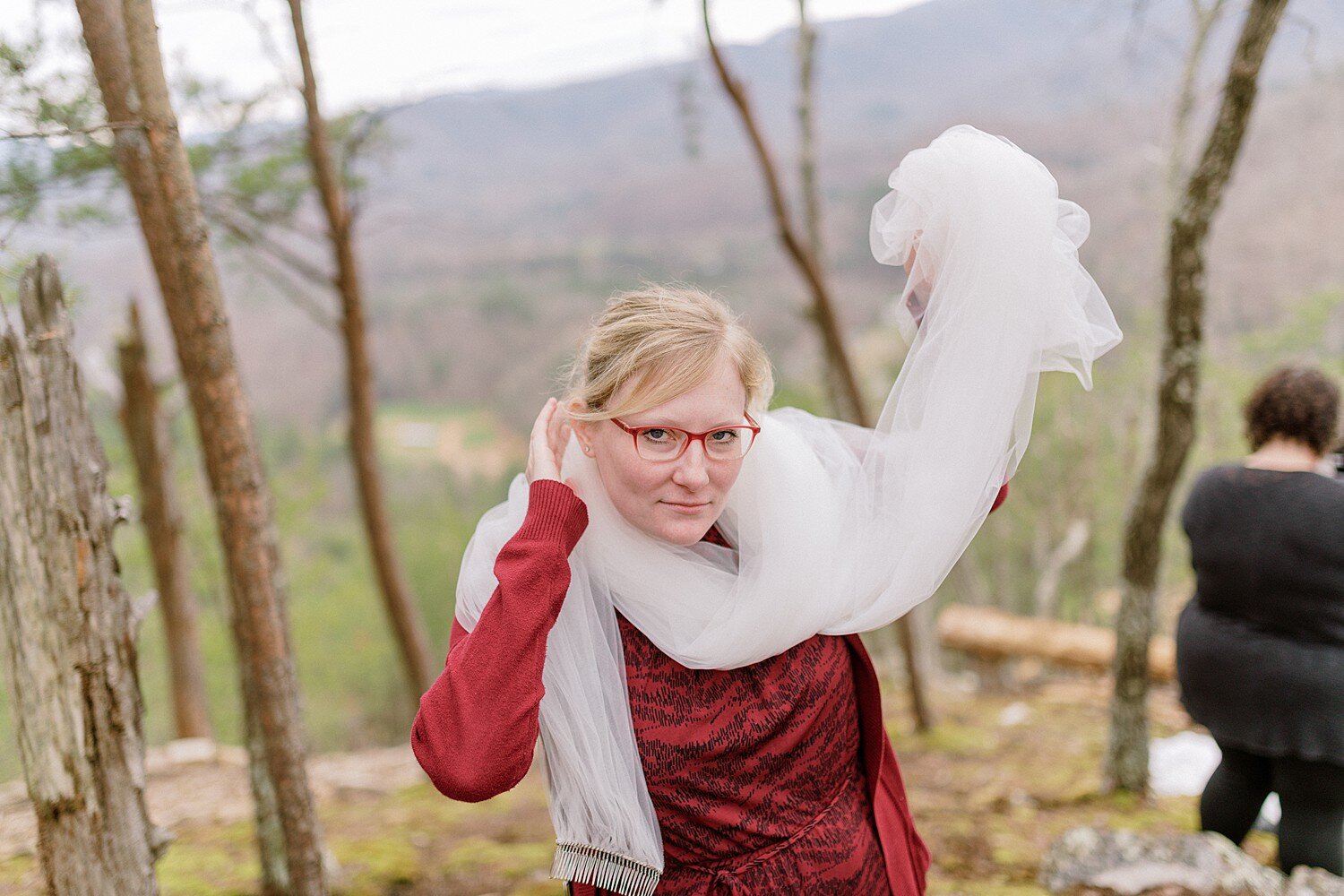
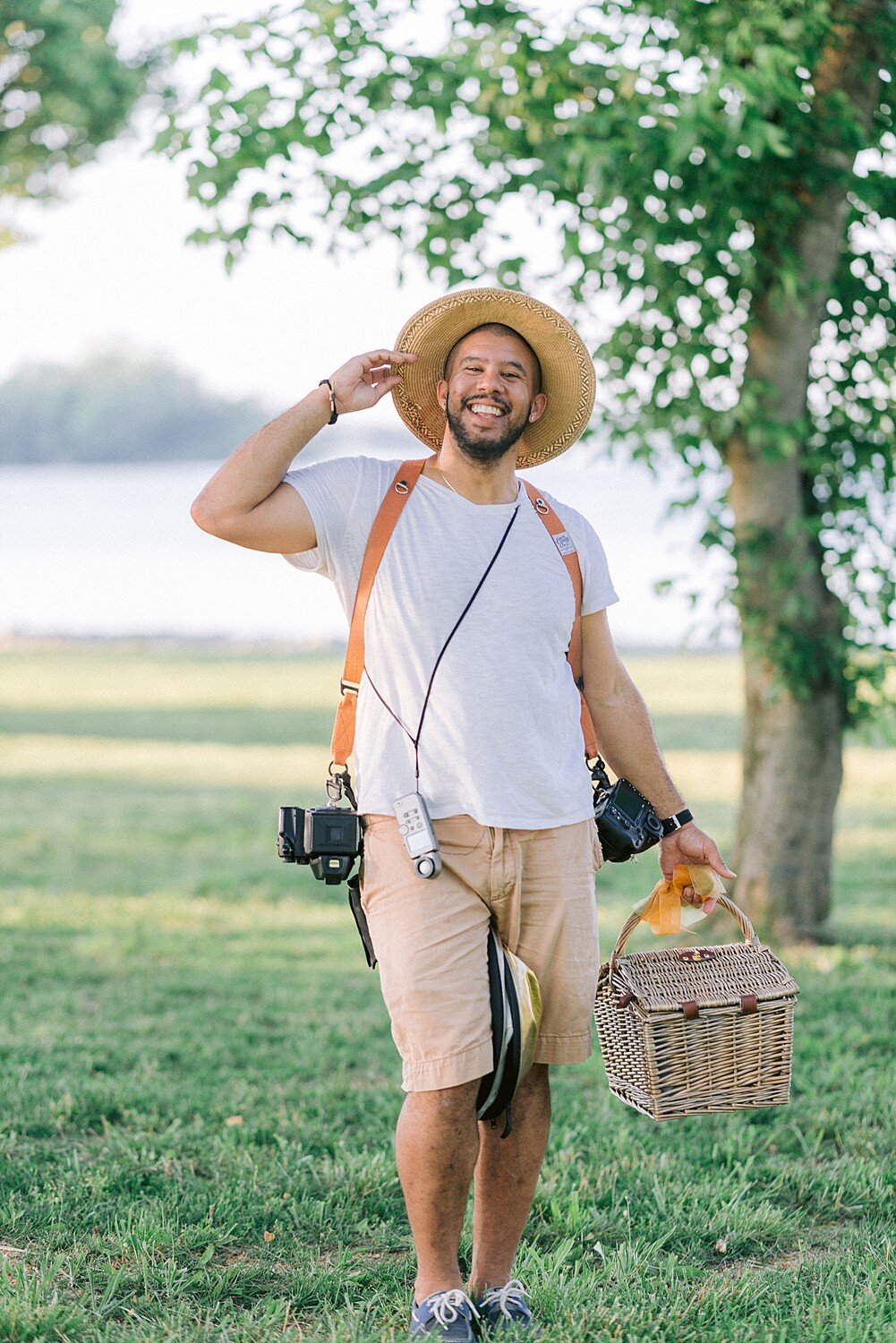
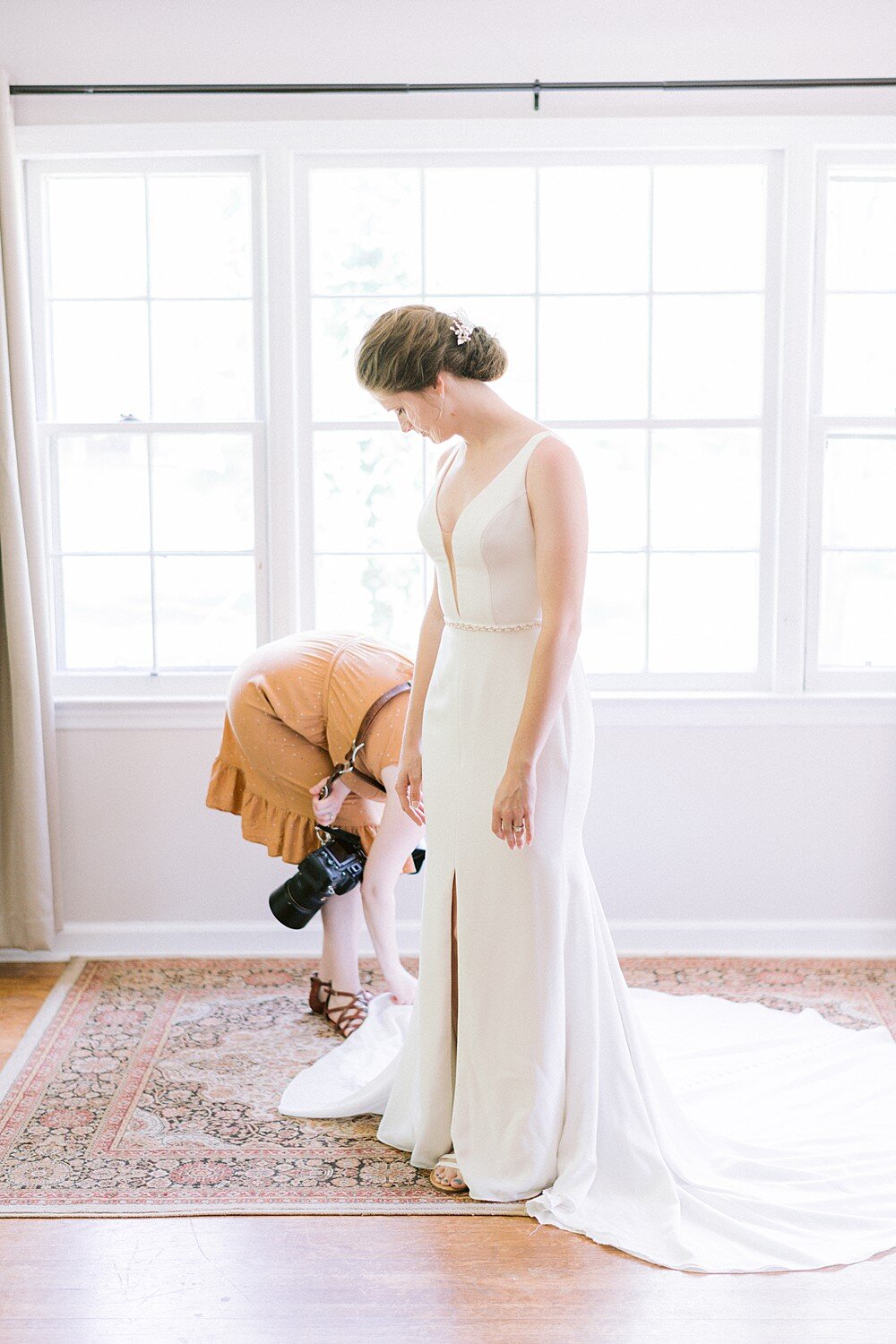
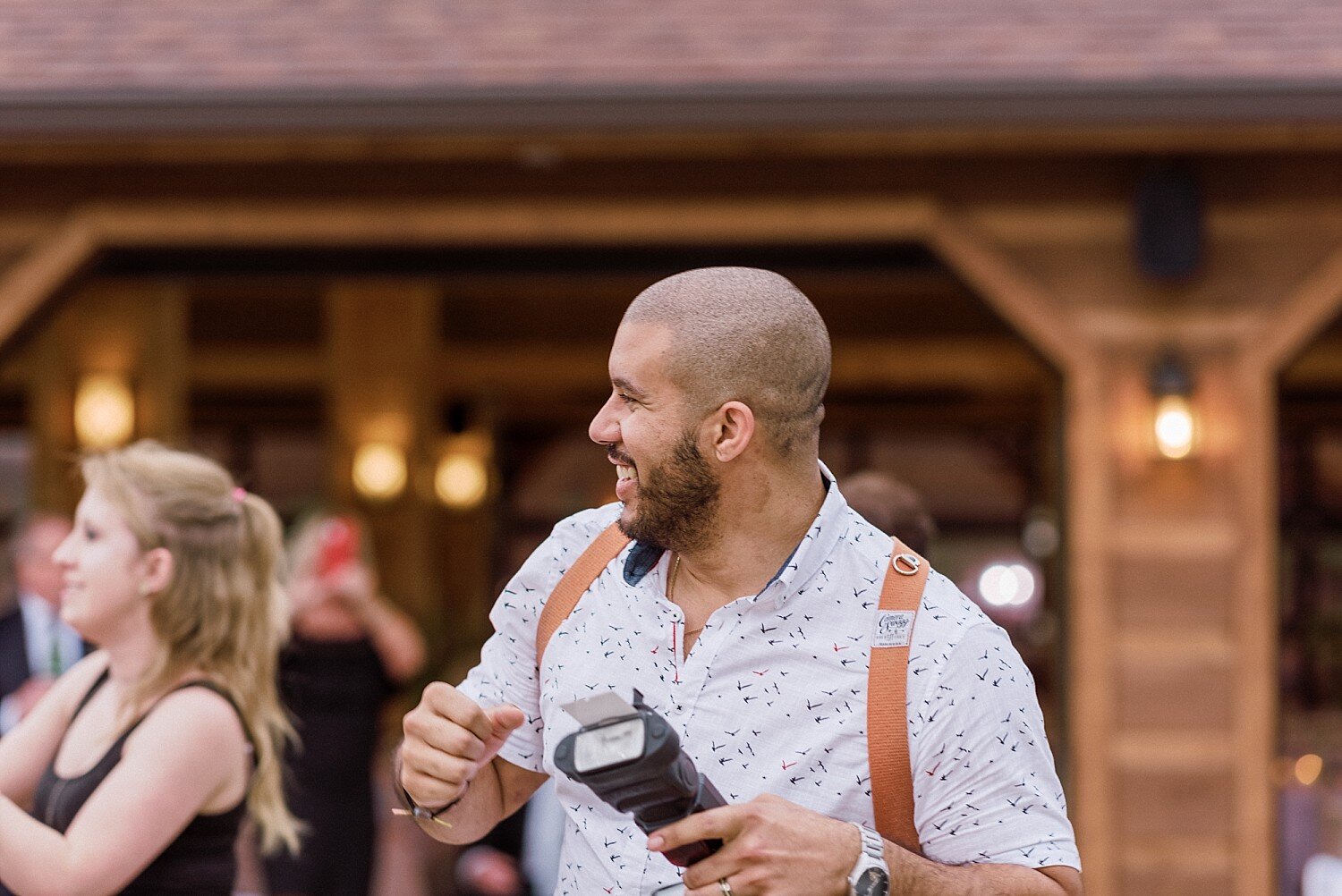
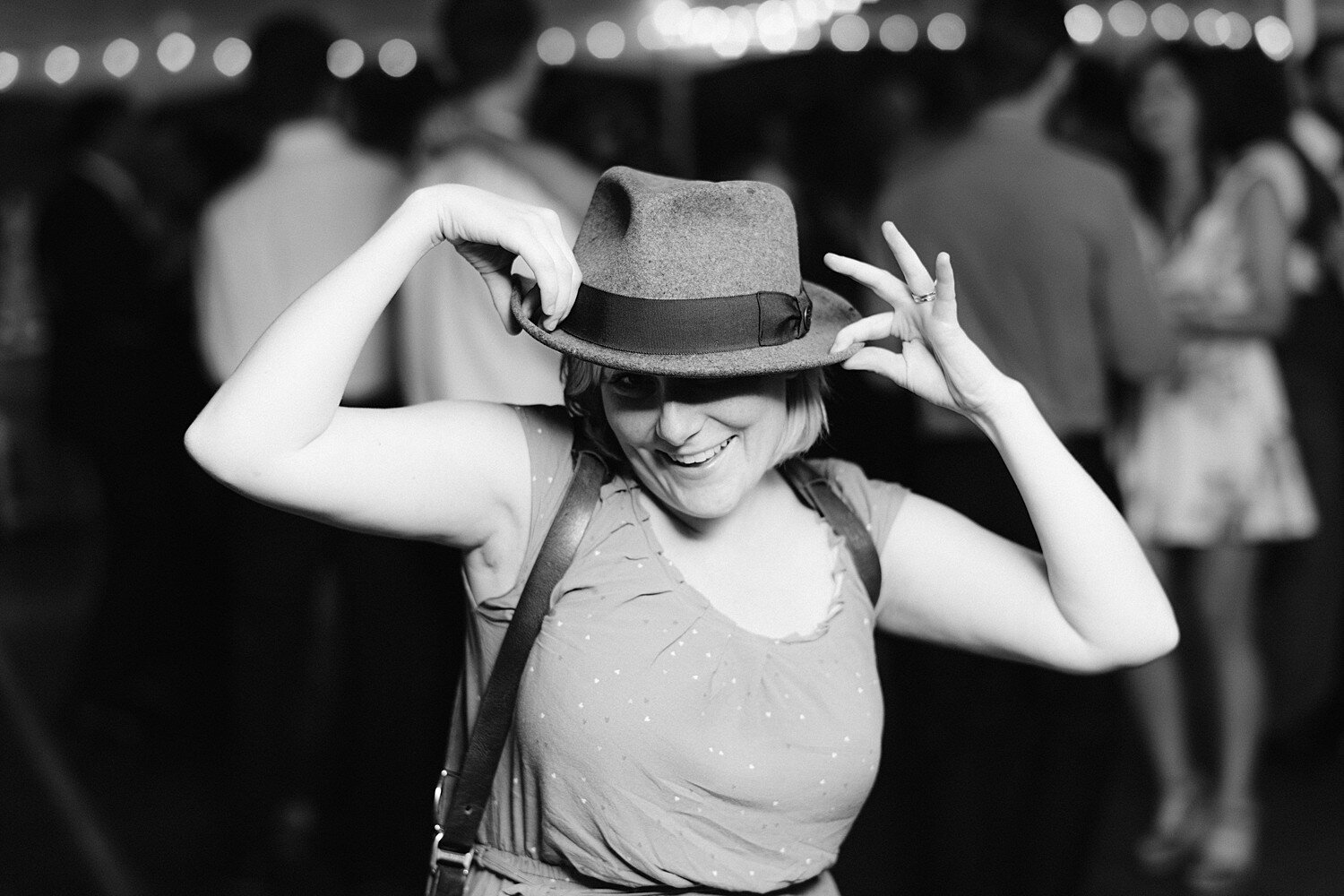
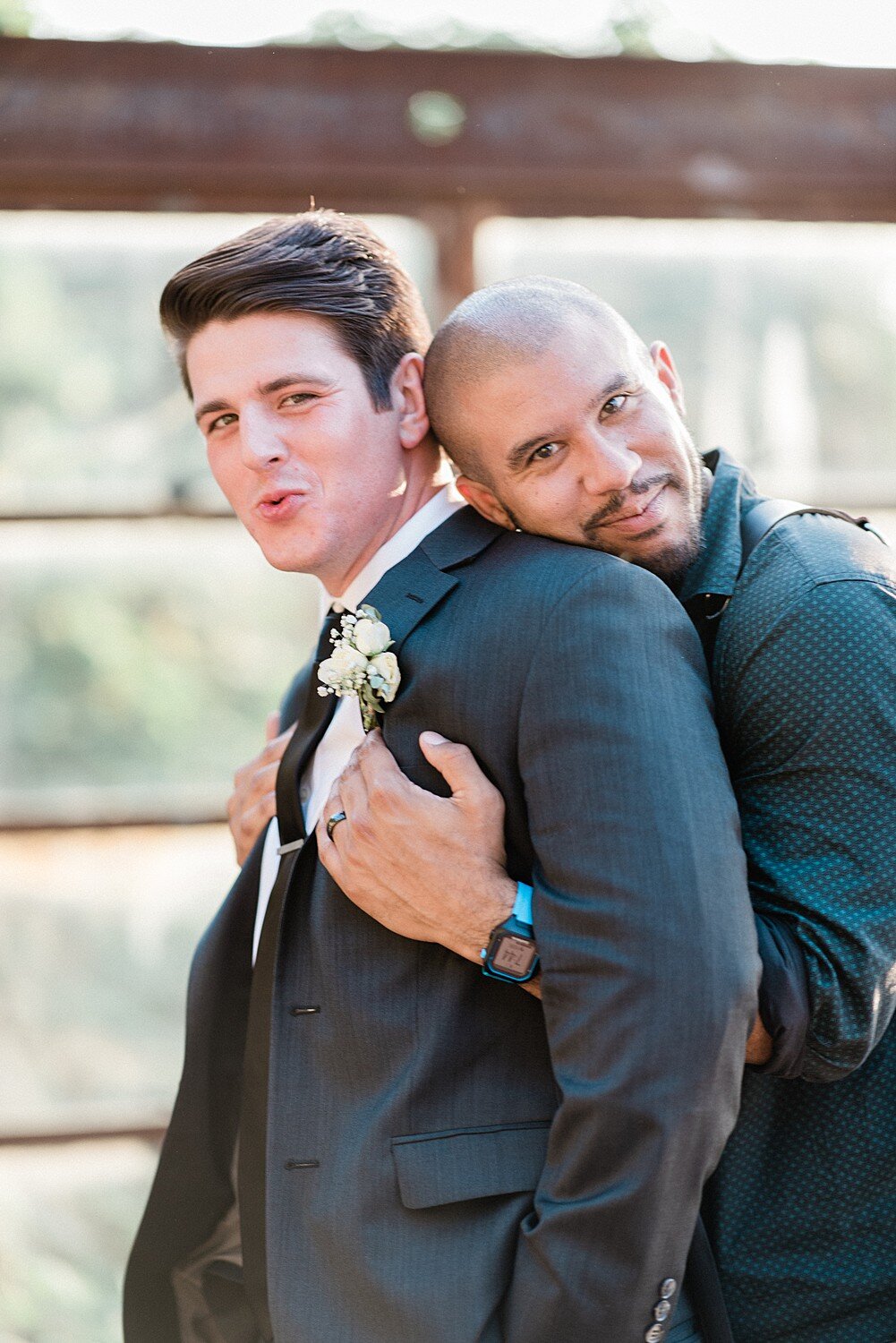
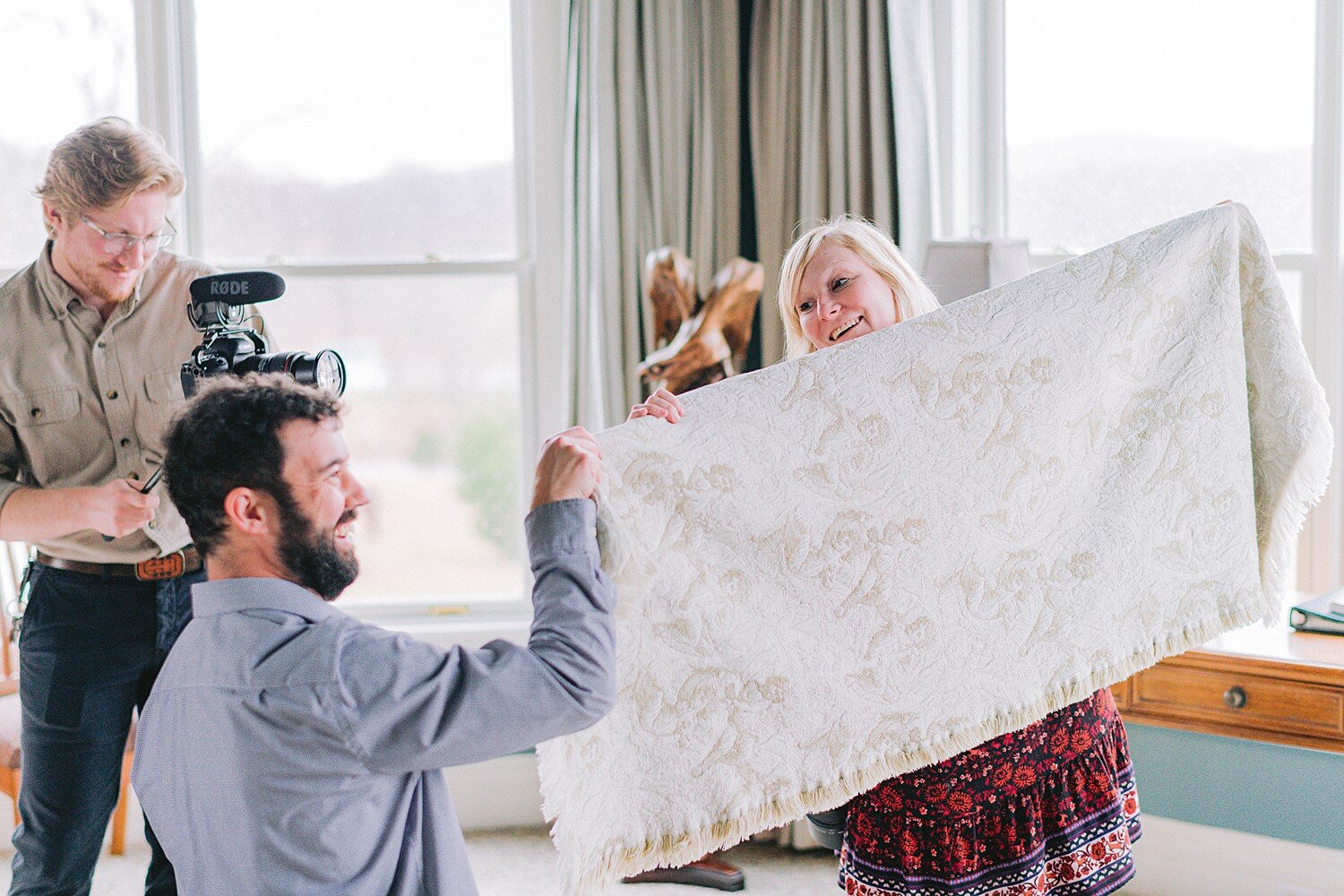
Although we could give advice on even more particulars, these are just a few tidbits that could have a tremendous impact on the flow of the day and the photos themselves. We hope you've gleaned a little knowledge from our personal wedding experience as both the bride and groom and now, as photographers, coming from a completely different perspective. Best wishes, and happy planning!



